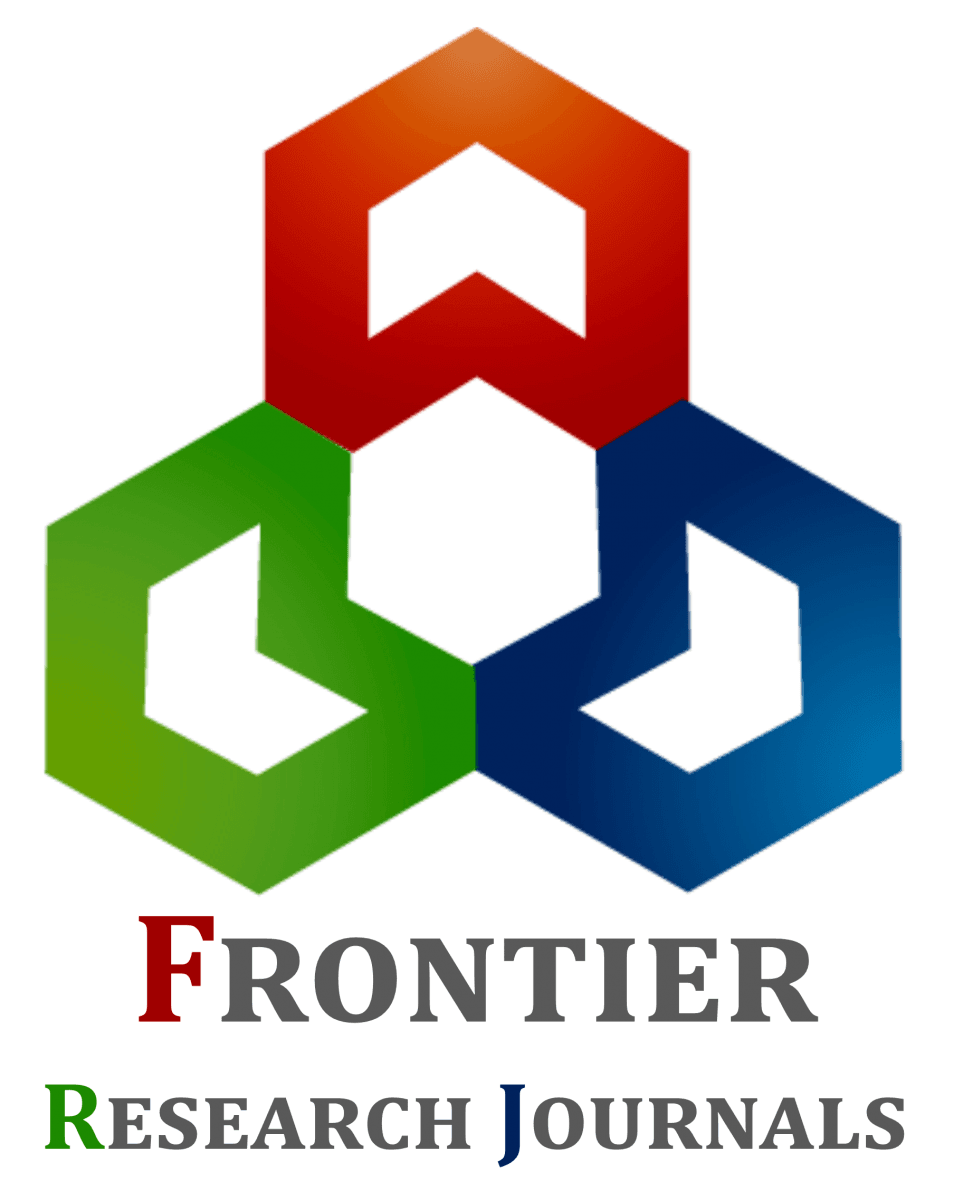Framework for tailoring consumer-centric communication to boost solar energy adoption in U.S. households
1 Department of Sustainability, Eastern Illinois University, Charleston Illinois, USA.
2 Havenhill Synergy, Limited, Nigeria.
Review
International Journal of Frontiers in Science and Technology Research, 2024, 07(02), 060–076.
Article DOI: 10.53294/ijfstr.2024.7.2.0057
Publication history:
Received on 23 September 2024; revised on 01 November 2024; accepted on 04 November 2024
Abstract:
This review outlines a framework for tailoring consumer-centric communication to boost solar energy adoption in U.S. households. In response to growing environmental concerns and the need for sustainable energy solutions, this framework is designed to enhance residential solar adoption rates by customizing communication strategies to diverse consumer profiles. By leveraging consumer behavior insights, the framework addresses critical factors such as individual perceptions, social influences, financial considerations, and technological barriers that affect consumers' solar adoption decisions. The proposed framework emphasizes understanding various consumer segments, including early adopters, environmentally conscious individuals, and budget-focused households, to design targeted communication strategies. It integrates key elements like demographic analysis, psychographic profiling, and attitudinal segmentation to build a comprehensive picture of potential solar consumers. Using these insights, the framework proposes tailored messaging that resonates with each segment’s unique motivations and concerns, such as energy cost savings, environmental impact, and long-term investment value. To maximize engagement, the framework recommends deploying these tailored messages across a mix of digital and traditional media channels, ensuring optimal reach and relevance. Social media, for instance, can be effectively used to reach environmentally conscious and tech-savvy segments, while community events and local partnerships may better engage older or budget-focused demographics. Moreover, the framework advocates for the use of testimonials, data visualization, and interactive content to enhance credibility and user experience, further breaking down perceived barriers such as installation costs, maintenance concerns, and technology reliability. By focusing on consumer-centric communication, this framework aims to increase awareness, interest, and trust in solar energy solutions, thereby fostering a supportive environment for adoption. It also highlights the importance of iterative feedback mechanisms to continuously refine strategies and address emerging consumer needs. Ultimately, this framework serves as a strategic guide for policymakers, marketers, and solar companies to drive meaningful consumer engagement, boost conversion rates, and contribute to the broader goal of achieving sustainable energy adoption across the U.S. residential sector.
Keywords:
Solar Energy Adoption; Consumer-Centric Communication; Targeted Messaging; U.S. Households; Consumer Profiles; Sustainable Energy; Digital Media; Engagement Strategies
Full text article in PDF:
Copyright information:
Copyright © 2024 Author(s) retain the copyright of this article. This article is published under the terms of the Creative Commons Attribution Liscense 4.0
